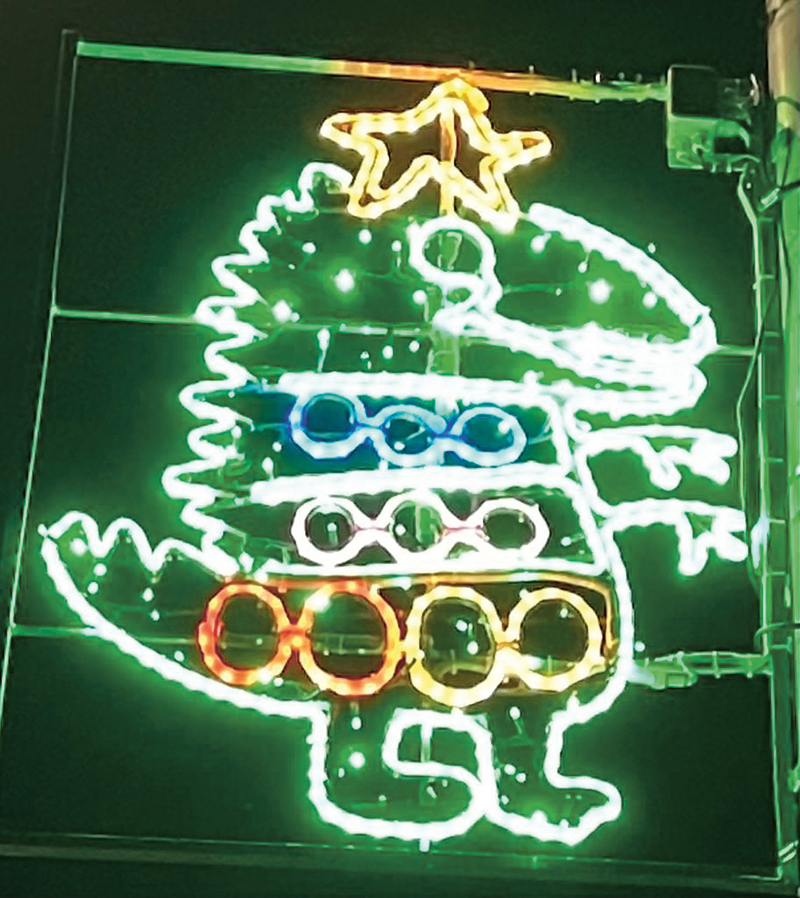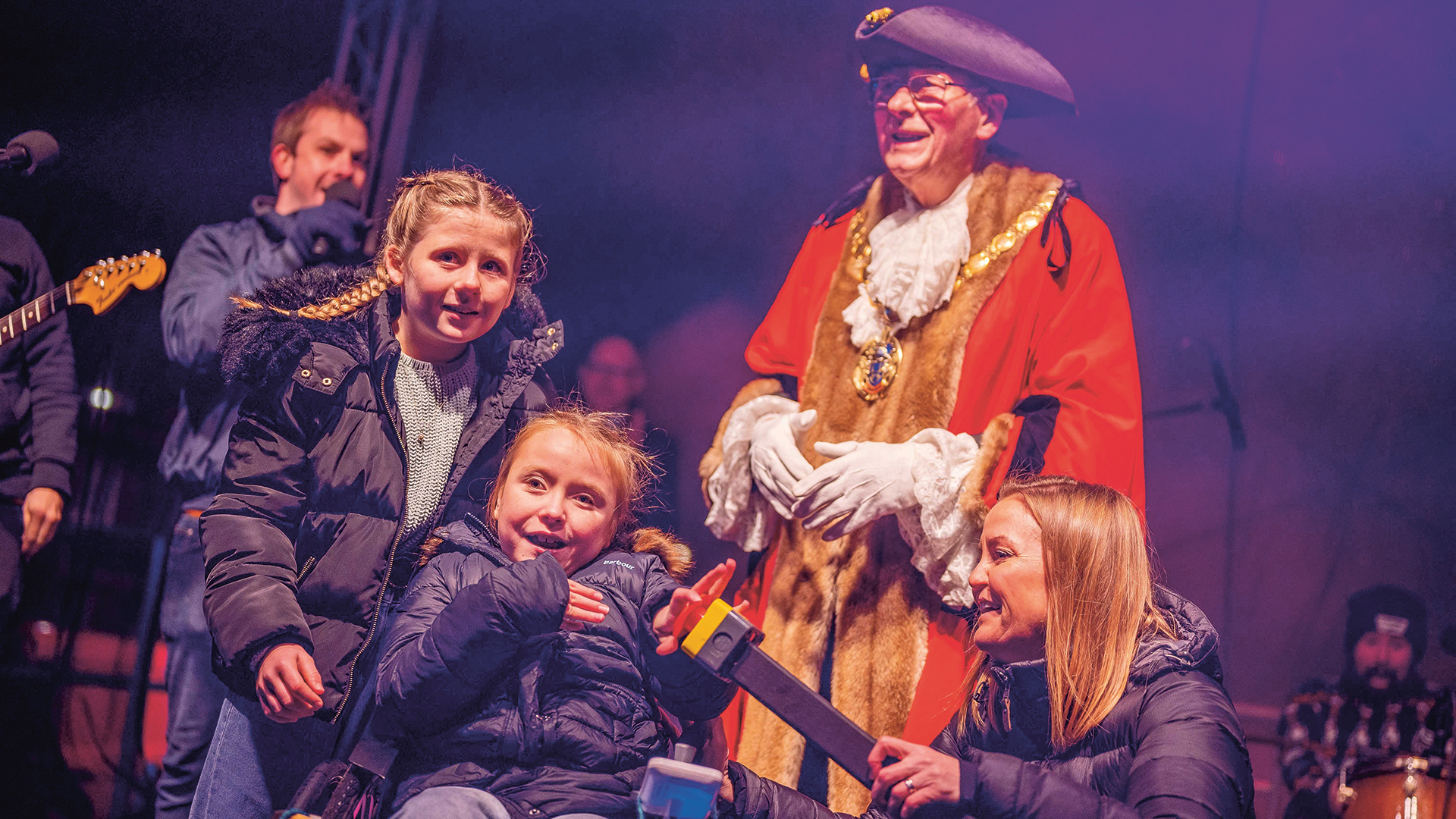In Newburgh, a little town in Fife, Christmas starts early. As summer begins, school children start imagining what their dream Christmas light would look like for an annual light-design competition. A smiling, dancing Christmas tree, perhaps? Or maybe a take on the traditional reindeer, but with two legs? Or for the more historically inclined child, a luminous green festive dinosaur wrapped in baubles?
Each year since 2001, Newburgh has replaced one of the usual festive motifs that hang on the high street’s 39 lampposts with a competition winner. More than 20 lights designed by local children have now been incorporated into the town’s annual display. At a cost of £800 to £1,100 per design, the money has to be found from somewhere.
Councils across the UK have spent much of 2022 making the incredibly difficult decision of which services to cut. Faced with a £3.2billion budget shortfall next year, they have had to weigh up the cost benefits of libraries, children’s centres and community events. And yet, people are in greater and greater need of support. Two-thirds of UK households will be trapped in fuel poverty by January unless something is done, research by the University of York has warned. Over 3,000 warm banks have been set up as places of refuge for people struggling to heat their homes, many of which are funded by local councils. But they’re facing a losing battle. After all, there is no magic money tree, even at Christmas time.

Guildford Council was one of the first to announce that it could not “afford or justify” funding its annual twinkly lights switch-on event, which attracts more than 7,000 people. Likewise, the small cathedral city of Ely in Cambridgeshire announced, with sadness, that the city council had unanimously ruled to scrap the switch-on event owing to cost concerns. On London’s Oxford Street, the epi-centre of festive capitalism, the lights are on a timer, from three o’clock in the afternoon until 11 at night, when pubs kick out punters.
The crux of the matter is this: is it wise, fair even, to splash the cash on pretty, twinkly lights, in the midst of an energy crisis? Resoundingly, the majority of councils across the country have said YES! In a year in which “permacrisis” has been declared the Collins Dictionary word of the year, the lights must go on.
“When times get hard, some of the things that support families, keep them together, support mental health and wellbeing, they’re some of the first to go when money becomes a challenge,” explains Stuart Dark, leader of the local council in King’s Lynn and West Norfolk. The borough is the fifth-biggest in England, composed of quaint market towns and communities built around a parish church. People living in this rural area are also some of the most at risk of experiencing fuel poverty, according to Community Action Norfolk.











